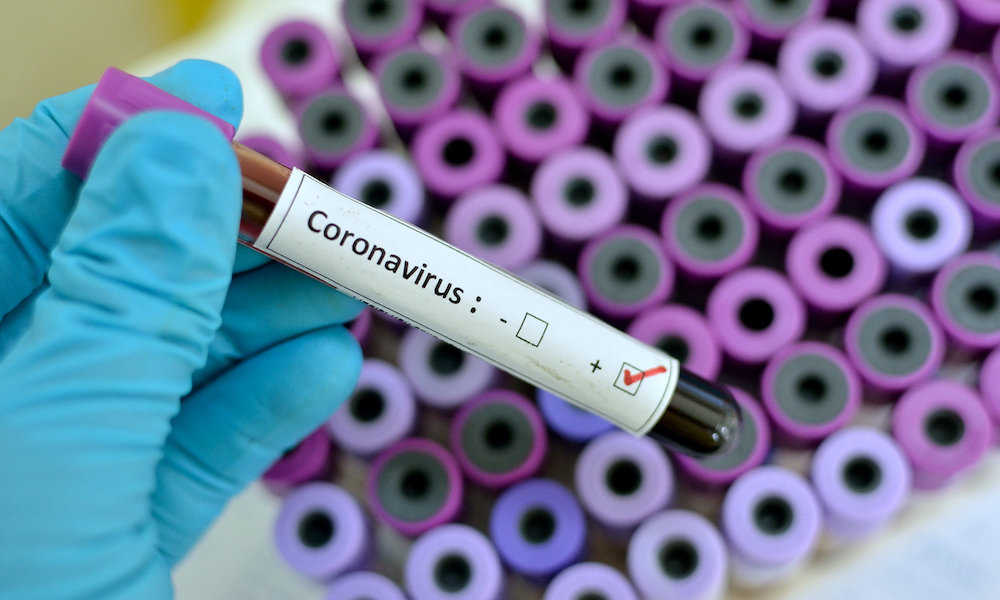
Turn on the news and you'll likely hear about a new, sometimes deadly, strain of a virus that reportedly originated in Wuhan, China, and is spreading throughout the world quickly. The latest news updates say that the outbreak may be linked to bats that were served in bat soup–a soup that is made and served with a bat. The bat soup was available at the Wuhan open-air market, where the virus is believed to have originated before the market was shut down to prevent further contagion.
More from MamásLatinas: 13 Ways to protect your family from the deadly flu
The new virus strain is called 2019-nCoV, which means "2019 novel coronavirus," but many are simply referring to it as the Wuhan coronavirus. Other coronavirus strains you may have heard of are MERS and SARS. Coronaviruses come from animals and aren't usually caught by humans, but sometimes the coronavirus mutates and is transmitted from animals to humans, and then humans keep passing it on to other humans. That appears to be what is happening with the Wuhan coronavirus.
On Tuesday, January 21, a case of the Wuhan coronavirus was confirmed in Washington state. Then on Friday, January 24, the Centers for Disease Control and Prevention confirmed that a second case of the Wuhan coronavirus in the United States was identified in Chicago, Illinois. Knowing that it has made its way to the US is scary, but let's not panic. Instead, let's learn more and find out how we can protect ourselves and our families.
How did this all start?
The first cases started popping up in December of 2019 and were traced back to a market in Wuhan that sold live animals. It is believed that the coronavirus was transmitted from infected animals to humans at that market. The market is now closed.
What's up with the link to bat soup?
The market at Wuhan is said to have sold bat soup. Scientists in China said that this particular virus strain is related to a virus that is only found in fruit bats–hence the connection to the bat soup that was sold at the Wuhan market. Since the revelations, videos and images of people eating bat soup have been popping up on social media.
What are the symptoms of the Wuhan coronavirus?
Since coronaviruses are a part of a family of infections that includes the common cold, it presents itself in a similar way. Symptoms can include a headache, runny nose, sore throat, cough, and muscle aches and pains.
How can you protect yourself and your family?
Coronaviruses pose a particular risk to people who have weaker immune systems, like young children and the elderly. They spread through human contact, sneezing, coughing, or touching something that has the virus on it and then touching your mouth or nose before washing your hands.
To prevent or decrease chances of contamination:
- Wash your hands with soap and water frequently.
- Do not touch your eyes, nose, or mouth if you haven't washed your hands first.
- Stay away from people who may be infected.
If you are sick, stay home. If you are worried about symptoms, go see your health care provider.
According to the CDC, the immediate risk to residents in the US is low.
"We understand that some people are worried about this virus and how it may impact Americans. While this situation poses a very serious public health threat, CDC believes that the immediate risk to the US public is low at this time but the situation continues to evolve rapidly," said Dr. Nancy Messonnier, director of the CDC's National Center for Immunization and Respiratory Diseases.




